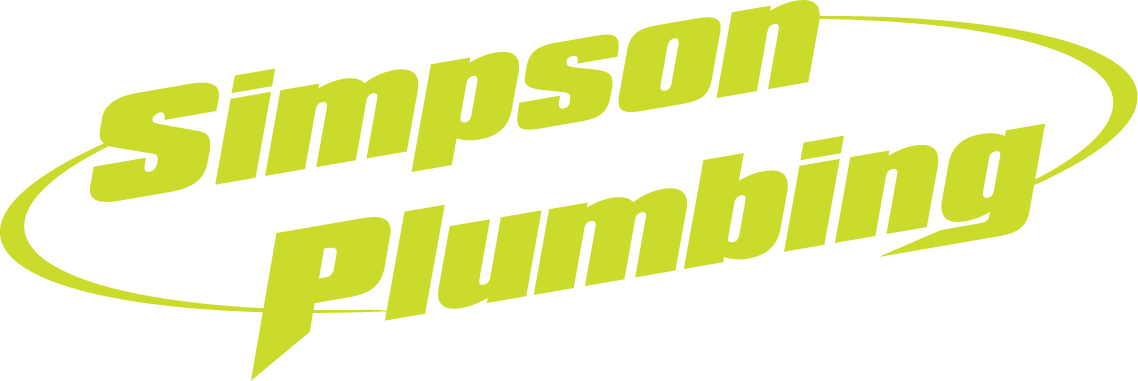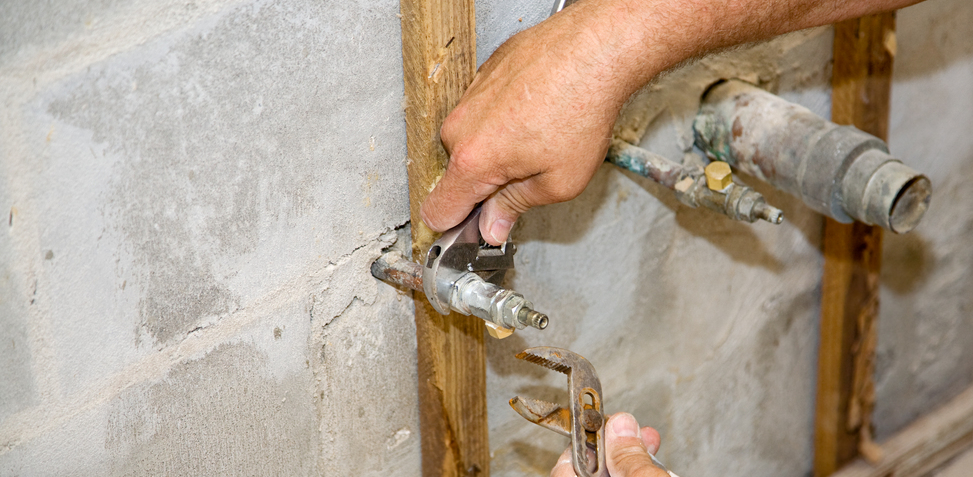Avoid These Common Plumbing Mistakes to Keep Your Home Flowing Smoothly
Plumbing disasters are the stuff of nightmares for homeowners. We often take our plumbing for granted, but from leaky faucets to clogged drains, it can cause major headaches if not properly maintained. With the right knowledge and precautions, you can avoid many common plumbing mistakes and keep your home running smoothly.
In this blog post, we’ll explore some of the most frequent pitfalls and provide tips on how to steer clear of them. Whether you’re dealing with a plumbing emergency or simply want to prevent one, read on to learn more.
Common Plumbing Mistakes to Avoid
Now that we’ve covered the basics of disaster prevention, let’s delve into some common plumbing mistakes that homeowners often make.
1. Improper cleaning
Drain cleaners are not created equal. A cleaner intended for one type of drain can easily damage another. If a clog in your kitchen drain coincides with one in your toilet, for instance, do not use the kitchen sink cleaner to unblock your bowl. Instead, always read the fine print and spend that extra few dollars on cleaners that are appropriate for each type of drain.
The risk of damage can be high, particularly when using a drain cleaner on heavy-hitting appliance pipes, like those attached to your washing machine. A little caution here will save you bundles of both cash and frustration.
Also, be careful if you’re trying to use tools to clear a drain. Common equipment includes plumbing snakes, which if used improperly, can do more harm than good. Where a heavy-duty barbed drain cleaning tool may work on sturdy plumbing, it can do a number on interior PVC plumbing.
2. Pipe mismatch
We don’t want to second-guess you, DIY Homeowner, but replacing your pipes is not as advisable as it seems when a fresh leak creates a growing puddle on your hardwood floor. Choosing the wrong size or type could result in larger leaks than the one you attempted to repair–this is where professional plumbers save the day.
If you are going to replace a pipe yourself, be sure to double-check (then check again) the type of pipe and connector appropriate for the job. Consult Simpson Plumbing if in doubt; we promise to help in any way we can and will never overcharge you.
3. Not Teaching Your Toddlers
Does leaving a 2-year-old alone with a roll of toilet paper and the ability to flush sound funny? You won’t be laughing when your pipes clog at 2 am because your curious child figures out that by placing the tip of the roll in the toilet and flushing repeatedly, the bowl will consume yards upon yards of paper in minutes.
Teaching your kids how to responsibly use home appliances, which includes age-appropriate supervision, will go a long way to preserving the life of your equipment, as well as your sanity. And maybe even save a few of your kid’s smaller toys from a watery grave.
4. Forgetting to shut off the water
You’re in a rush and know you can repair that leak, pronto. Always, always shut off the water first. If you forget, you risk a flood and damage to the pipes as you work desperately to reconnect, all quicker than you can say “release valve!”
5. Not calling a plumber
We said it in #2, but it bears repeating. Plumbing is what we do. If you are not a plumber and your project is complex or unfamiliar, calling in a professional is the best choice you can make for your home.
6. Neglecting Drain Line Maintenance
Your drain lines carry waste and wastewater away from your home. Neglecting proper maintenance can lead to clogs, backups, and costly repairs down the line. Regularly cleaning your drain lines and scheduling professional plumbing inspections or repairs as needed can help prevent these issues.
FAQs About Plumbing Mistakes
To address some common questions homeowners may have, here are five FAQs about plumbing mistakes:
- How can I tell if I have a plumbing problem?
Signs of plumbing problems include slow drains, foul odors, low water pressure, and unusually high water bills. If you notice any of these signs, it’s best to address the issue sooner rather than later.
- Can I use chemical drain cleaners to unclog my drains?
While chemical drain cleaners may provide a temporary fix, they can cause damage to your pipes over time. It’s best to avoid them and opt for safer alternatives such as drain snakes or plungers.
- How often should I schedule plumbing maintenance?
It’s a good idea to schedule plumbing maintenance at least once a year to catch any potential issues before they escalate. This can help prevent costly repairs down the line.
- What should I do if I have a plumbing emergency?
If you experience a plumbing emergency, such as a burst pipe or major leak, the first step is to turn off the water supply to your home. Then, contact Simpson Plumbing immediately for assistance.
- Are there any DIY plumbing repairs I can safely tackle?
While some minor plumbing repairs can be done DIY, such as fixing a leaky faucet or replacing a toilet flapper, it’s important to know your limits. Attempting more complex repairs without the necessary expertise can lead to further damage and costly repairs.
By avoiding common plumbing mistakes and taking proactive measures to maintain your plumbing system, you can ensure that your home remains a haven of comfort and convenience. Remember to turn off the water in an emergency, keep shut-off valves accessible, and prioritize regular maintenance to keep plumbing problems at bay.
With these tips in mind, you can rest easy knowing that your home’s plumbing is in good hands. Still, it makes sense to call in the professionals for the occasional inspection, especially if you don’t know your closet bolt from a blowbag. Simpson Plumbing has decades of experience with all manners of plumbing jobs, from replacing copper piping to cleaning out sewer lines to changing out water heaters.


 About Us
About Us  Services
Services  Plans
Plans  Commercial
Commercial